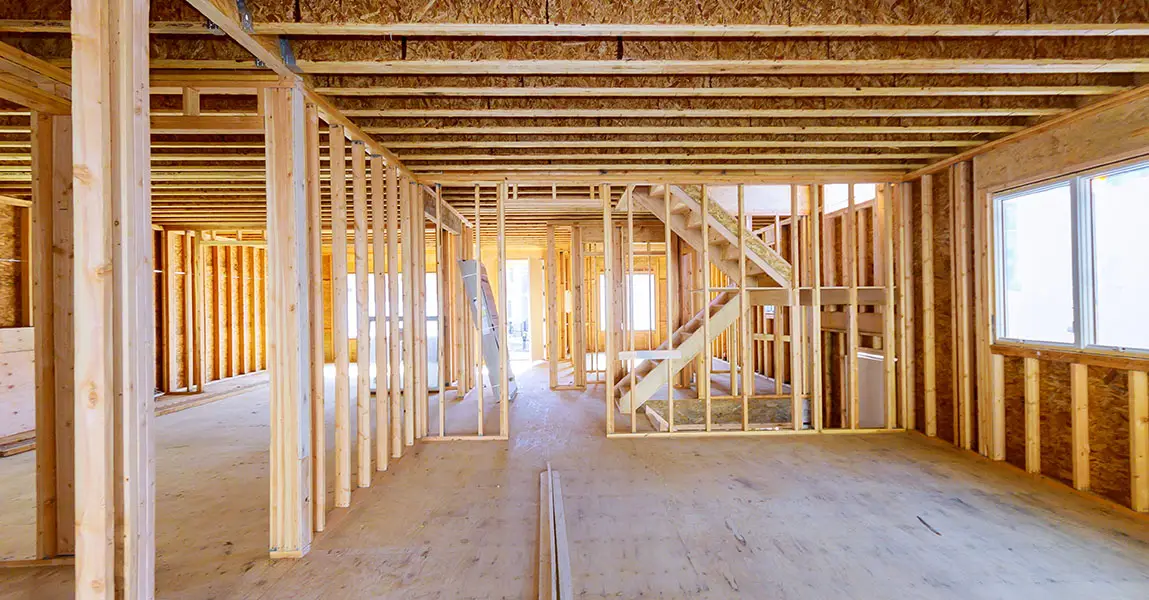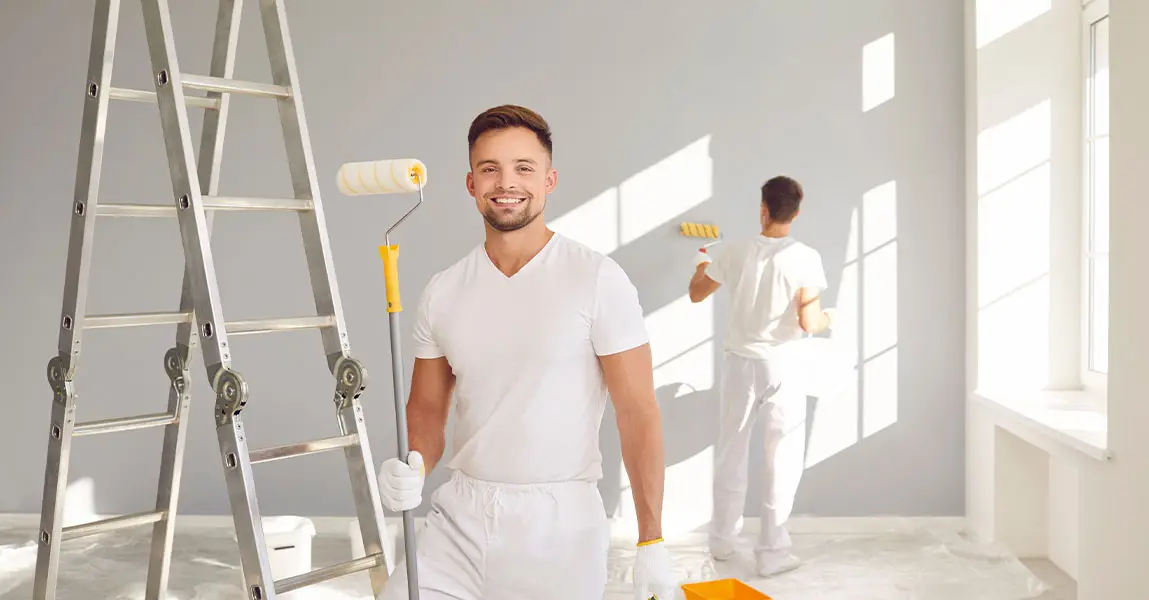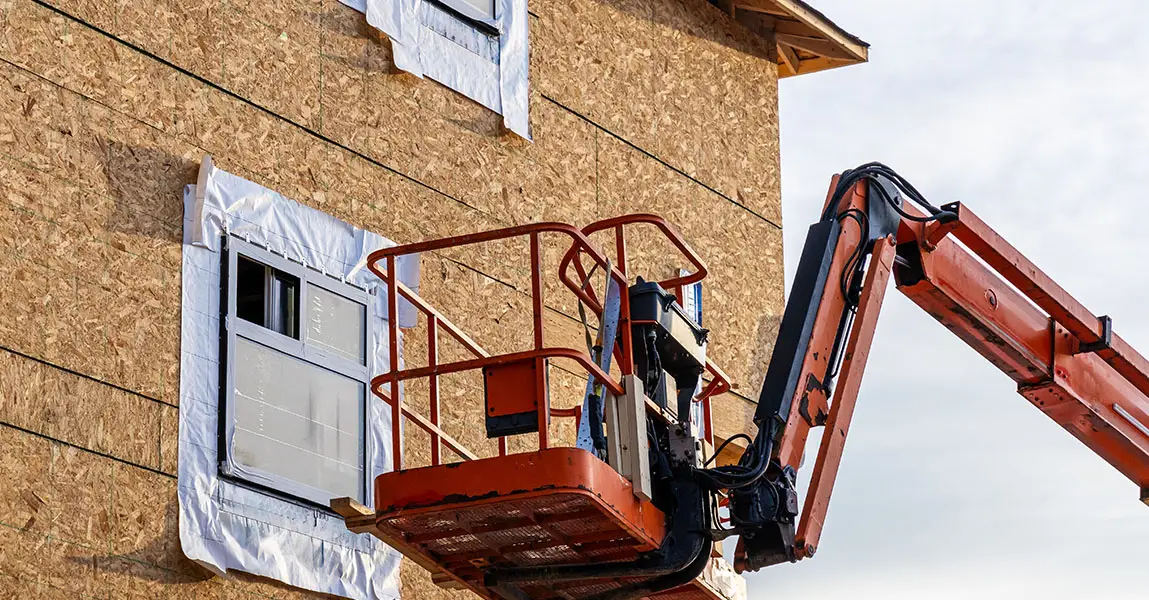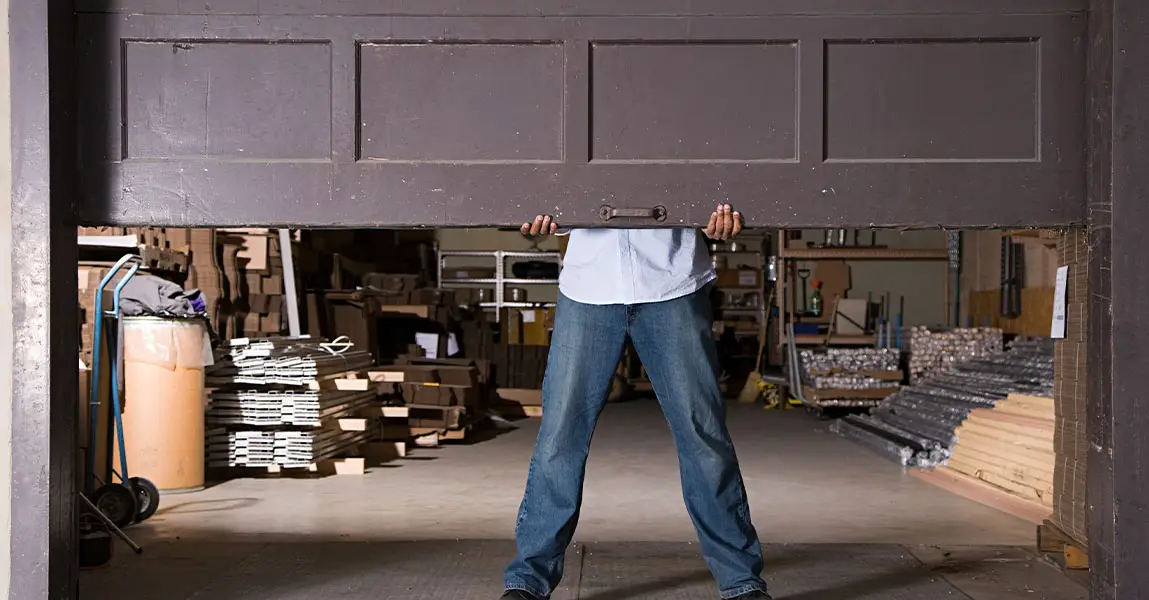The Overlooked Value of Soundproofing
When we think about renovating a basement, our first thoughts usually go to flooring, lighting, and layout. However, soundproofing is often overlooked even though it plays a key role in comfort. A basement can serve as a living area, entertainment room, or even a rental unit. In any of these uses, controlling noise directly impacts how enjoyable the space feels. Without soundproofing, noises from upstairs travel downward easily. Likewise, activities in the basement can disturb the rest of the house. Therefore, focusing on noise control ensures we create a basement that feels private and peaceful.
Why Noise Travels Easily in Basements
Concrete walls and floors may seem solid, but they transmit vibrations well. That means sound often moves more freely than expected. Wooden joists and thin ceiling panels make the problem worse, as they allow voices, footsteps, and even appliance hums to pass through. In other words, basements are natural echo chambers. If we want to turn that space into a usable area, ignoring acoustics is a mistake. Soundproofing reduces both airborne noise, like conversations, and impact noise, like footsteps or dropped objects, making the environment suitable for daily living.
Comfort for Living and Entertainment
Many of us want basements to serve multiple purposes. Some turn them into bedrooms or offices, while others design them as theaters or gyms. Regardless of use, noise reduction improves comfort. For instance, someone trying to sleep in a basement bedroom will not want to hear footsteps above. Similarly, families watching a movie in a home theater will not want sounds escaping upstairs. Adding proper insulation, acoustic panels, and specialized drywall makes these activities more enjoyable. Above all, it also ensures harmony between household members who may have different schedules.
Impact on Home Value
Buyers increasingly value quiet, private spaces within homes. A basement that has been carefully insulated against noise stands out during resale. It suggests quality work and thoughtful planning. Most importantly, it offers flexibility since the space can be adapted to different lifestyles without disruption. Whether future owners want a rental suite, a music room, or a guest bedroom, they know the environment is ready for it. Consequently, investing in soundproofing adds both present comfort and future return on investment. It shows that the renovation was not only cosmetic but also practical.
The Link Between Noise and Health
Noise is not only an annoyance but also a health concern. Constant exposure to unwanted sounds can raise stress levels, reduce focus, and interfere with sleep. Over time, these effects may influence overall well-being. By designing basements with effective sound barriers, we protect ourselves from unnecessary stressors. This becomes especially important if someone in the household works from home or studies in the basement. Quieter environments promote concentration and relaxation, both of which improve quality of life. To clarify, soundproofing supports not just comfort but also health.
Methods That Work Best
When we address noise in a basement, we combine several strategies. Insulating between joists with dense material blocks airborne sounds. Adding resilient channels and double layers of drywall helps reduce vibration transfer. Acoustic sealants close small gaps where sound might escape. Similarly, soft furnishings like rugs or curtains dampen echoes. The most effective approach usually layers different methods rather than relying on one solution alone. That way, both high and low frequencies are controlled. As a result, the finished space feels calm and balanced no matter its purpose.
Preparing During Renovations
The easiest time to soundproof is during a full renovation when walls and ceilings are open. At that stage, we can install insulation, resilient clips, or specialized drywall without extra demolition later. Once the space is finished, retrofitting becomes more costly and disruptive. Therefore, planning early saves both time and money. Our team always advises homeowners to include acoustic improvements in their renovation scope. Even if the basement is not intended as a living area right now, preparing it for future use is a smart step that prevents regret.
Common Mistakes People Make
One mistake we often see is assuming carpet alone will control noise. While it helps with echoes, it does little for sound transfer through ceilings and walls. Another error is leaving gaps around ducts, pipes, or electrical boxes unsealed. Those small spaces act like sound leaks. Additionally, some people underestimate the importance of ceiling treatments. In fact, ceilings are often the largest path for noise to travel. By addressing these areas properly, we avoid half-measures that lead to disappointment. A thorough plan considers every surface where sound can pass.
Budget Considerations
Soundproofing does add cost, but it does not need to be overwhelming. We can choose between premium materials like mass-loaded vinyl and more affordable options such as mineral wool insulation. The key is to balance budget with goals. For example, a basement home theater may justify a higher investment in acoustic drywall. On the other hand, a guest bedroom may only need insulation and sealed outlets. In addition, we can phase the work, tackling the ceiling first and then addressing walls if needed later. Careful planning helps manage expenses without sacrificing results.
Soundproofing for Rental Units
Basements are often turned into rental suites. In those cases, noise control is not only a comfort issue but also a legal and financial one. Many municipalities have requirements for sound separation between rental units and main homes. Tenants expect privacy, and owners benefit from fewer complaints. In addition, strong sound barriers may allow homeowners to charge higher rent since the unit feels independent. For those pursuing this route, planning professional renovation services Calgary through Envirotech ensures both code compliance and lasting results.
Creating a Balanced Space
When the basement becomes a shared environment, like a gym or media room, balancing acoustics is key. We want to limit noise transmission but also avoid making the space feel overly quiet or muffled. Strategic use of panels, rugs, and ceiling treatments prevents harsh echoes without deadening the room completely. Likewise, ventilation must be considered since sealed walls and ceilings can trap sound but also air. Proper planning makes the space not only quieter but also healthier. This balance gives us a basement that feels natural rather than artificial.
Maintenance and Long-Term Results
Soundproofing materials are long-lasting if installed correctly, but they still require care. Acoustic sealant, for instance, may dry out over decades and lose effectiveness. Likewise, modifications like cutting new duct openings can create sound leaks if not sealed. By keeping maintenance in mind, we protect the investment made during renovation. Moreover, advances in building materials continue to emerge, giving us opportunities to upgrade over time. Paying attention to upkeep ensures that the benefits of soundproofing extend far beyond the initial project.
Extra Tips for Success
One insight often missed in guides is the role of doors. Hollow-core doors are common in basements, but they do very little to stop noise. Replacing them with solid-core doors and adding seals around frames makes a major difference. Another tip involves ductwork. Sound often travels through HVAC systems like a highway. Lining ducts with acoustic material or using sound baffles prevents this problem. These small but effective details contribute greatly to overall performance. After that, finishing touches like curtains or wall art with fabric backing further soften echoes.
When to Seek Help
Soundproofing can be a do-it-yourself project in limited cases, but larger renovations usually require professional planning. Acoustics involve more than just adding insulation. Structural changes, building code requirements, and moisture management all play roles. Our team has learned that a coordinated approach delivers the best outcome. For homeowners looking to start, reaching out for expert support through professional renovation services Calgary is a practical next step. This ensures both comfort and safety are addressed together.
FAQ
What materials are most effective for basement soundproofing
Dense insulation, acoustic drywall, and resilient channels work well together. Each targets different aspects of noise, making them effective when combined.
Can soundproofing be added after finishing the basement
Yes, but it is more difficult and costly. Adding layers to walls or ceilings after finishing requires extra space and may reduce room size.
Does soundproofing also improve thermal insulation
In many cases, yes. Materials like mineral wool provide both acoustic and thermal benefits, helping regulate basement temperatures.
How do I stop noise from traveling through ducts
Lining ducts with acoustic material or installing sound baffles helps reduce this issue. Sealing joints also prevents sound leaks.
Is soundproofing worth the investment for a rental unit
Absolutely. It not only improves tenant satisfaction but also helps meet legal standards for sound separation, which protects the homeowner.











